Jewish Love and Pride
Newlywed Rabbi Joshua Lesser was recently named a grand marshal of this year’s Atlanta Pride Parade.
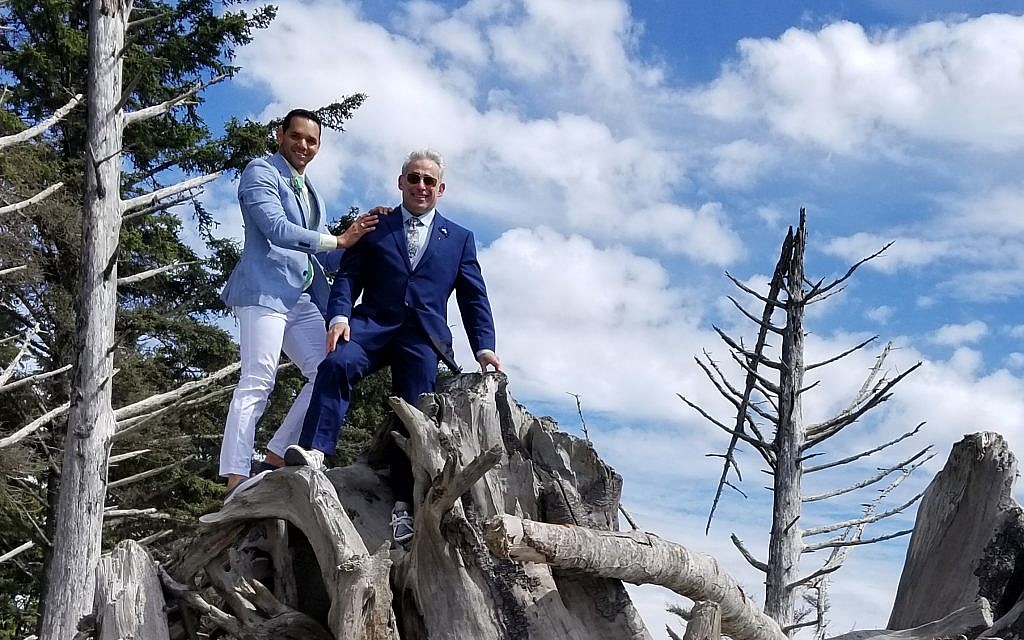
Rabbi Joshua Lesser has a lot to celebrate these days. The newlywed was recently named a grand marshal of this year’s Atlanta Pride Parade.
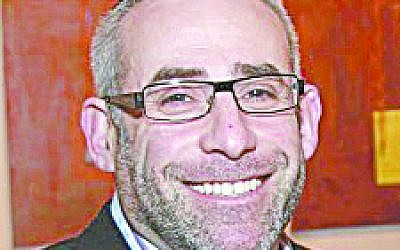
Lesser is the longtime rabbi of the LGBTQ+ inclusive synagogue, Congregation Bet Haverim, and founder of the Southern Jewish Resource Network for Gender & Sexual Diversity (SOJOURN).
From his honeymoon this week in Botswana, Lesser said he is humbled by the honor to lead the parade Oct. 13-14.
Get The AJT Newsletter by email and never miss our top stories Free Sign Up
“My hope is to use this platform to support our LGBTQ+ youth and particularly transgender and non-binary people in the Jewish and Atlanta communities.”
It seems fitting that Lesser is finally leading the parade, said Rebecca Stapel-Wax, SOJOURN’s executive director.
“It stunned me he never has been honored before, that such a leader in the gay and lesbian community hadn’t been recognized. It’s so exciting for him to be acknowledged and lifted up as an inspiration to our community,” she said.
“He has not shied away from difficult conversations and is really a model. People disagree with him and he still treats others with dignity.”
When Atlanta held its first Atlanta Pride Parade in 1971, most Jews were still closeted and fearful. Bet Haverim began in 1985 and it was the first time Jews were visible, Stapel-Wax said. “It was somewhat dangerous in the workplace, in the family and congregations.”
Lesser recalled the danger. “When I arrived in Atlanta, I received death threats. I had colleagues who refused to acknowledge me or publicly tried to shame me.
“Today, I have some of the most supportive colleagues and those that have disagreements about LGBTQ issues do so with respect. We are a recognized part of the larger community. Thanks to SOJOURN and CBH, our community is more welcoming.”
The number of Jewish organizations that attend the Pride Parade is a good example of how far the community has come in gaining acceptance, Stapel-Wax said. In 2015, 300 people and 36 Jewish organizations marched with SOJOURN in what was believed to be the largest contingency in the parade, she said. SOJOURN was one of the grand marshals that year. Last year, 54 Jewish organizations were involved in the parade.
“When you see a faith community as large as ours” walking in the parade, “it’s one of the most moving experiences people can have. They feel like they make a difference. They are connected among friends, supporters and advocates just by being present. That’s not a small gesture,” she said. It shows “everyone they deserve to love and be themselves.”
Not all Jewish organizations want to be involved in the parade but may choose to support the LGBTQ+ community in other ways, Stapel-Wax said.
There’s still plenty of room for improved relations, Lesser said. “We still can be treated like we are on the margins and we have leaps to make on how to meet gender diverse Jews’ spiritual, communal and justice needs,” he said.
“The challenges are, some of my colleagues view the continued work for LGBTQ as identity politics rather than an integrated holistic part of community building. But after nearly 20 years serving this amazing community, I have hope for our continued growth, learning and equity.”
Stapel-Wax agrees. “We’ve just made huge strides within the community, yet we still have to fight in the larger Georgia community, so our rights are not taken away in the name of religion.”
Two Jewish Ceremonies Show Community’s Progress
A bald eagle symbolically flew over and perched near the wedding ceremony of Rabbi Joshua Lesser and Alessandro “Alex” Ramaldes in Washington’s Olympic National Park. “Someone asked: ‘What do you think it means?’ Immediately I responded that this is what America should look like,” Lesser said.
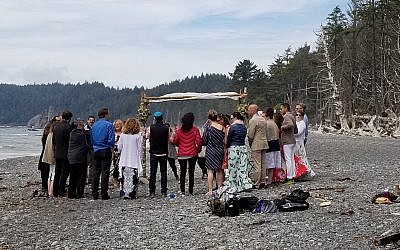
The wedding of Lesser and Ramaldes was attended by a few close friends, congregants, rabbis and cantors.
Recognizing the irony, Lesser experienced the majesty of being honored in a ceremony at which he usually officiates. “To support a couple in declaring their love and setting powerful intentions with the strength of Jewish tradition brings me such joy. To receive that, in turn, by the community that gathered was an incredible way to set our foundation for married life. Representatives of our community, the awesomeness of nature’s humbling presence and our highest values were woven together to express the ways we understand G-d’s presence in our lives.”
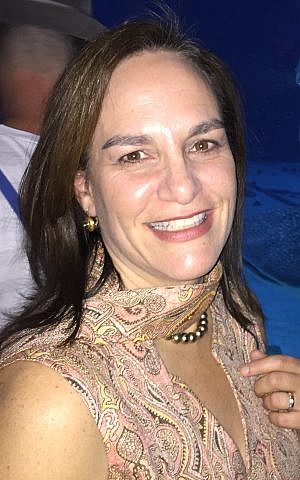
For Rebecca Stapel-Wax, the experience that showed how far the Jewish community has come in accepting LGBTQ+ people was her sons’ recent b’nai mitzvah.
Growing up a Conservative Jew, she recalls how her sister decided to become frum (religiously observant). Stapel-Wax was eight at the time and her sister was 22. “When I came out, I felt like I had to choose between faith and love.”
But at the Memorial Day b’nai mitzvah, her sister came with her seven children and was “incredibly supportive,” Stapel-Wax said. “It was something really miraculous having that support.”
Stapel-Wax said her sister consulted a local Orthodox rabbi, who “enthusiastically” endorsed her decision to attend the b’nai mitzvah.



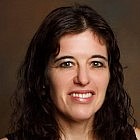
comments